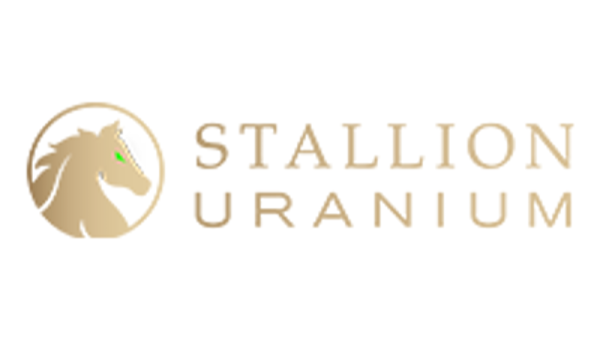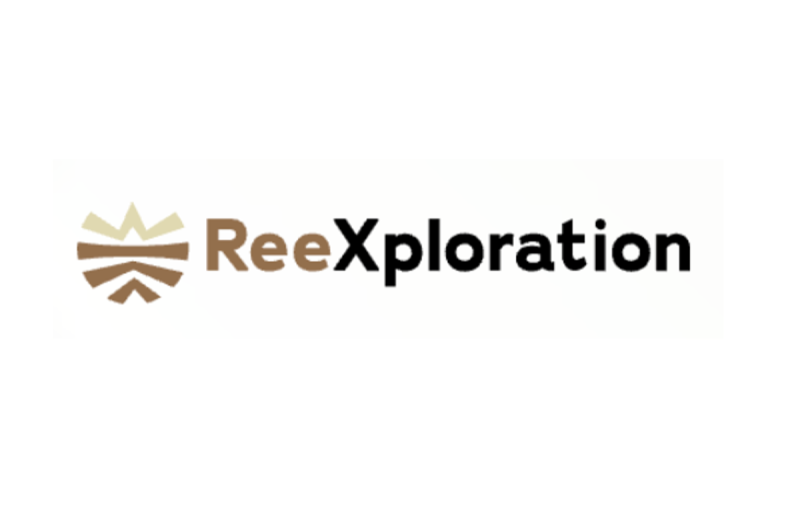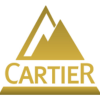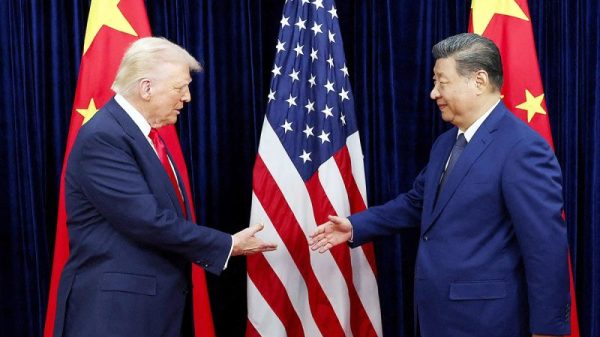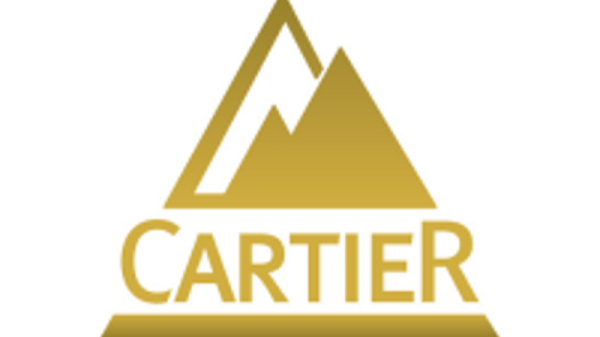Investor Insight
ReeXploration offers investors early exposure to the global build-out of secure, Western-aligned critical minerals supply chains. Leveraging proven metallurgy and discovery upside at its high-grade Eureka project in Namibia, the company delivers a rare combination of technical credibility, jurisdictional stability and responsible growth potential.
Overview
ReeXploration (TSXV:REE,FSE:KSi) is a discovery-driven critical minerals company advancing the Eureka rare earths project in central Namibia. The company sits at the intersection of two powerful global forces: the accelerating demand for critical minerals and the urgent drive to diversify supply chains away from China’s dominance in processing and production.
As electrification, renewable energy and defense technologies expand worldwide, governments and industry are investing heavily to secure new, transparent sources of essential materials, such as neodymium and praseodymium. ReeXploration provides investors early exposure to this generational realignment by advancing one of Africa’s most promising rare earths discoveries within a stable, mining-friendly jurisdiction.
The company’s metallurgy-first model flips the conventional exploration sequence by proving processability before scale. Bench-scale testing confirmed that Eureka’s monazite-hosted mineralization yields a clean, Western-standard concentrate, which derisks processing and establishes a strong foundation for growth.
ReeXploration’s Namibian-based technical team, supported by globally recognized critical-minerals experts, ensures efficient on-the-ground execution, strong stakeholder relationships, and alignment with Namibia’s national development priorities. Its ESG principles, centered on low-radioactivity mineralogy, transparent community engagement and environmental stewardship, position the company as a partner of choice for governments and end-users seeking secure, sustainable supply chains.
Company Highlights
Strategic Exposure: Positioned at the heart of the global critical minerals transformation as governments race to diversify supply chains away from China.
Proven Technical Base: Metallurgy-first strategy has already demonstrated clean, Western-standard concentrate production from monazite-hosted mineralization, reducing risk and accelerating timelines.
High-grade Discovery: Eureka hosts a maiden resource of ~310,000 tonnes @ 4.8 percent total rare earth oxides (TREO), with multiple undrilled anomalies and clear expansion potential.
Jurisdictional Advantage: Operating in Namibia, one of Africa’s most stable, mining-friendly jurisdictions with world-class infrastructure and transparent regulations.
Disciplined Value Model: Advances assets through discovery and early development, where re-rating potential is highest, while preserving capital efficiency and ESG integrity.
Key Project: Eureka Rare Earths Project
Located near Usakos in central Namibia, the Eureka Project is the cornerstone of ReeXploration’s growth strategy and a foundation for Western-aligned rare earths supply.
Namibia is widely recognized as one of Africa’s most stable and mining-friendly jurisdictions, with transparent regulations, strong rule of law and a skilled workforce rooted in decades of uranium and diamond production. Its established infrastructure, including paved roads, rail, power, water and port access, provides a low-risk operating environment rarely matched elsewhere in the critical minerals sector.
Eureka’s geology, technical foundation, and location combine to make it a standout rare earths asset in Africa, offering early proof of processability, a clean mineralogy aligned with Western standards, and room for significant resource growth.
Project Highlights
Resource Base: NI 43-101 resource of 310 kt @ 4.8 percent TREO (0.7 percent neodymium + praseodymium), anchored by magnet metals critical to EV, renewable energy and defense applications.
Geology: Monazite-hosted carbonatite system with low impurities and low radioactivity across 14 identified dykes, open along strike and depth.
Metallurgy: SGS testing confirmed production of a clean monazite concentrate grading ~60 percent TREO at ~65 percent recovery, with neodymium and praseodymium representing ~50 percent of basket value.
Exploration Upside: 13 km x 6 km mineralized dome with multiple geochemical and radiometric anomalies; trenching shows REE mineralization in 18 of 19 trenches. Follow-up drilling is underway to expand known zones.
Infrastructure: Situated 2 km from the Trans-Kalahari Highway with access to rail, power, water and the deep-water port at Walvis Bay, minimizing capital requirements and execution risk.
ESG Integration: Low-radioactivity mineralogy simplifies permitting; environmental clearance certificates are in place; and ongoing engagement ensures alignment with community and government priorities.
Management Team
Chris Drysdale – Interim CEO
Chris Drysdale is an experienced mining executive and the current CEO of Antler Gold. He has international experience in exploration management and business development across Africa and Canada.
Patrick McGrath – Chief Financial Officer
A CPA with extensive financial experience in mining and energy exploration, Patrick McGrath brings strong governance and capital markets expertise, ensuring disciplined execution and shareholder value creation.
Prof. Frances Wall – Director
Professor of Applied Mineralogy, Camborne School of Mines at the University of Exeter, Frances Wall has more than 30 years of research linking geology, mineralogy and responsible sourcing. She is the chair of the British Geological Survey Science Advisory Committee and member of the UK Critical Minerals Expert Committee.
Carl Sheppard – Director
Carl Sheppard is the president and managing partner of Strategic Concepts. He holds a Masters in Development Economics from Dalhousie University, and contributes strategic insight into sustainable growth and stakeholder engagement.
Tolene Kruger – Senior Geologist & Qualified Person
Tolene Kruger is a Namibian geologist with an MSc in Geology from the University of Stellenbosch. Her research focus is on structural controls on mineralization within Namibia’s uranium corridor.













